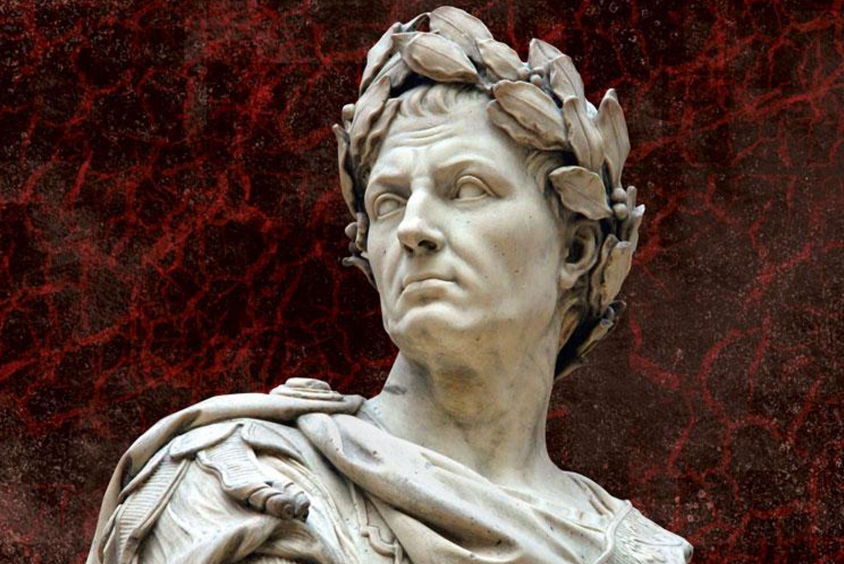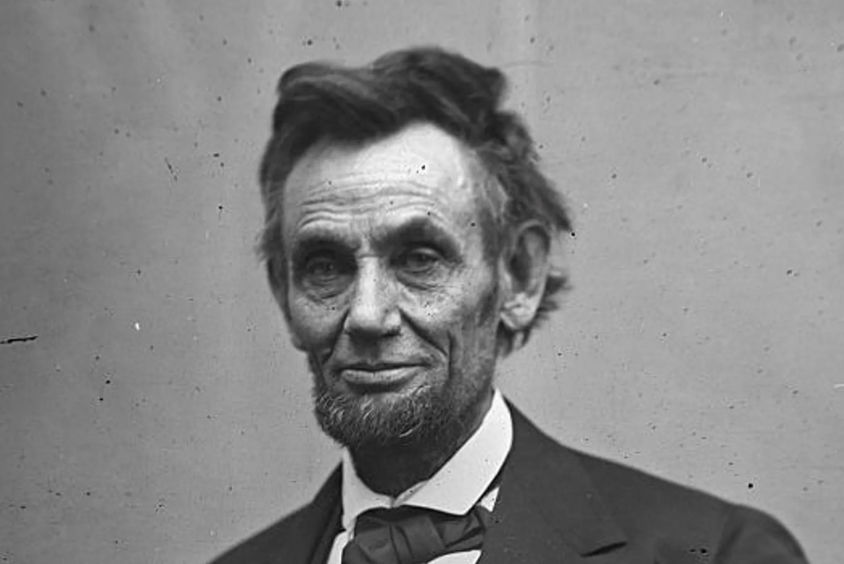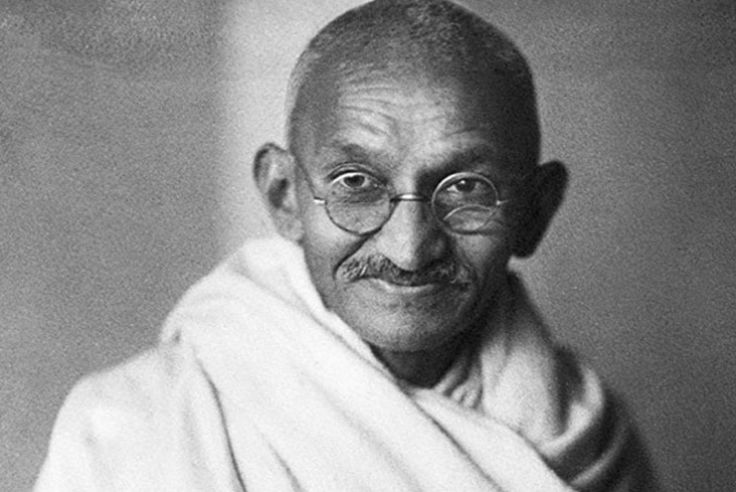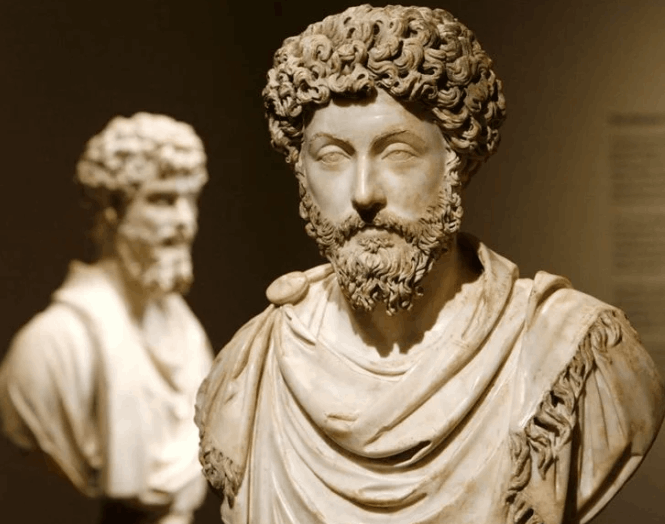
Júlio César | 100 aC - 45 aC
Rome, Italy
Julius Caesar, born July 12, 100 BC. in Rome, he was a central figure in the transition from the Roman Republic to the Roman Empire. The son of a patrician family, he demonstrated exceptional leadership and oratory skills from an early age. His notable military career, especially the campaign in Gaul (58-50 BC), significantly expanded Roman territories, facilitating the spread of Roman culture, language and technologies throughout Western Europe.
Caesar is recognized for his social and administrative reforms. One of his most lasting innovations was the restructuring of the calendar, resulting in the Julian calendar, which better aligned the civil year with the solar year and served as the basis for today's Gregorian calendar. In addition to the calendar, Caesar improved the administration of the Roman provinces and reorganized the grain distribution system and the tax system, making the government more efficient and fair.
Caesar's conquests and reforms had a profound impact on Europe, promoting cultural and economic exchange and improving infrastructure with roads, bridges, and aqueducts. Despite his achievements, the concentration of power generated resentment among senators, culminating in his assassination on March 15, 44 BC. His death marked the end of the Roman Republic and the beginning of the civil wars that led to the Roman Empire under Augustus.
Julius Caesar is remembered for his military and political achievements and his lasting influence on Western history and culture, being immortalized in literary works such as Shakespeare's play "Julius Caesar.".



